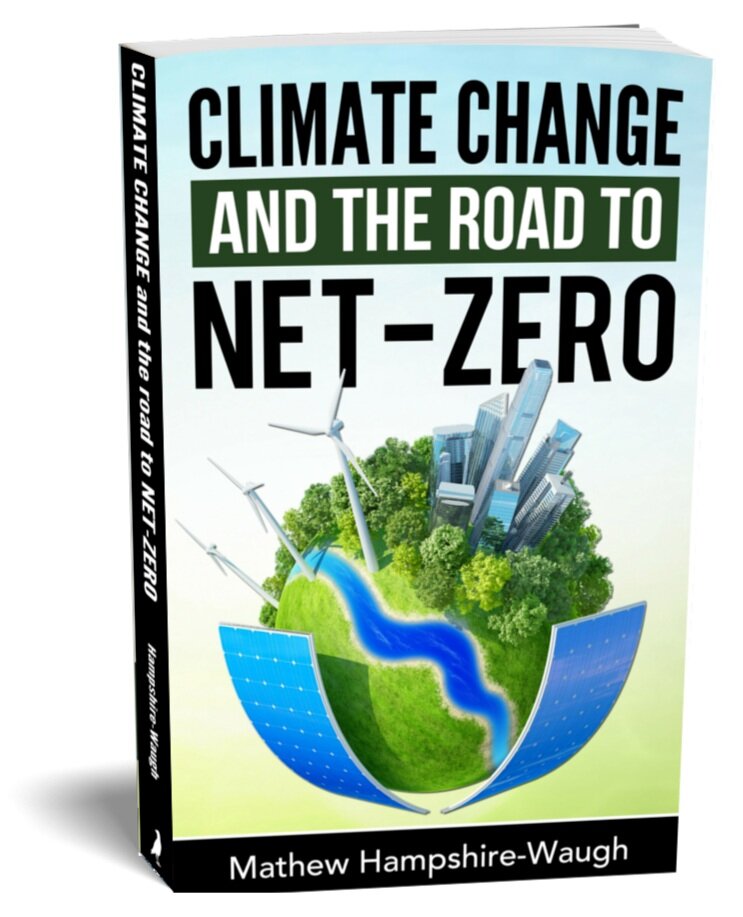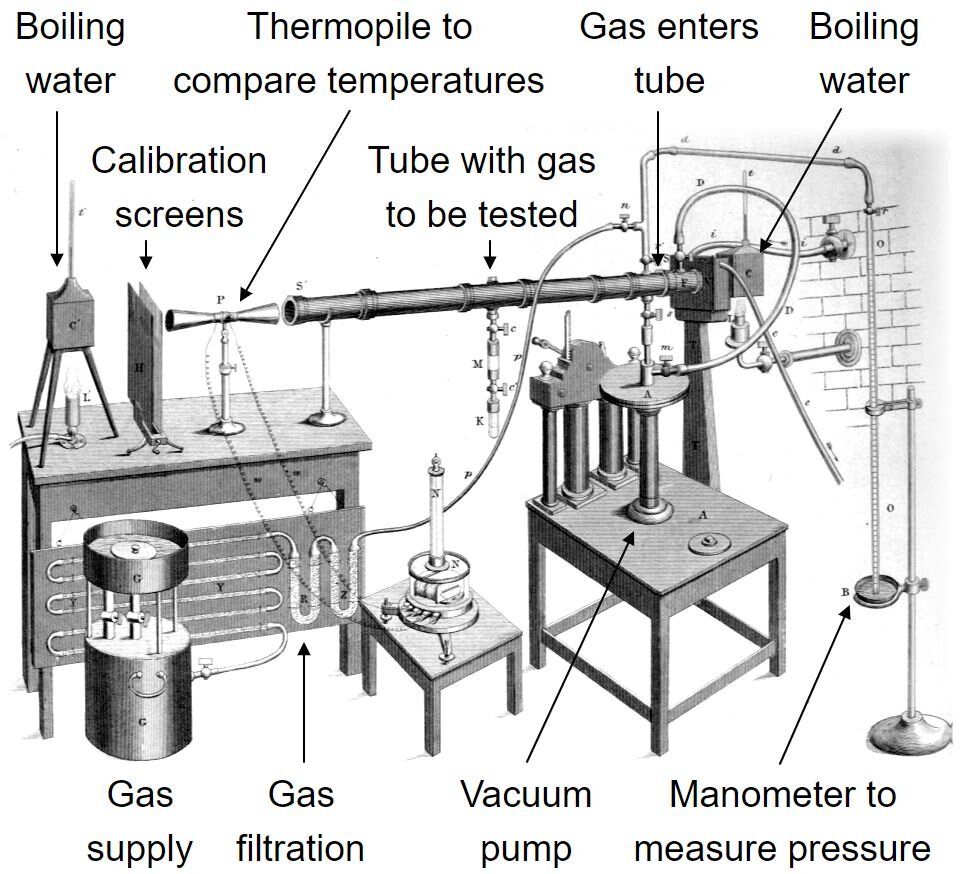The Tragedy of the Commons
In this post from the book NET-ZERO:
What is the Tragedy of the Commons? The battle between self-interest versus the greater good.
What are economic externalities? The third-party impact of our transactions.
Why are market failures slowing action on climate change? Externalities, hyperbolic discounting, lack of information, status quo bias, lock-in, and the renter-tenant dilemma. Just some of the market failures slowing progress to net-zero.
The Tragedy of the Commons
In his essay written in 1833, British economist William Forster Lloyd used the hypothetical example of farmers over-grazing cattle on common land to describe how a system designed for individual gain can create a detrimental outcome for all. Then in 1968, US ecologist Garret Hardin further explored this type of social dilemma and coined the term “the tragedy of the commons”.
Hardin believed family planning (as a human right) and the welfare state were to blame for overbreeding:
“no technical solution can rescue us from the misery of overpopulation”. . . “the only way we can preserve and nurture other and more precious freedoms is by relinquishing the freedom to breed”.
Hardin was a firm believer in limits to growth and his thinking caught on.
The Failures of the Market
The concept of the ‘tragedy of the commons’ can help to explain why the market, left to its own devices, is unlikely to create a perfect solution to greenhouse gas emissions.
The free-market can be thought of as trillions of two-way trades, the mutual exchange of goods and services between two parties, where both parties end up better off - or else why would they make the exchange.
In a perfect market, these trades continue until they reach the Pareto optimum, the point at which no more mutually beneficial trades can be made.
However, real markets are not perfect.
Firstly, there are externalities, where an unwitting third party is impacted as a result of the two-way trade. Think about each time we exchange our paid labour to use a service which burns coal, oil, or gas; we make a two-way trade, but we also emit pollution which damages a third party (the planet and everyone on it).
Our individual gain negatively impacts the common good, so without intervention the harm from emitting greenhouse gases goes unchecked. We can pollute the atmosphere, but we don’t pay for the damage.
Putting a tax on greenhouse gas emissions is one way of bringing this externality inside the market regime, but implementing and enforcing these measures have thus far proven politically challenging (we will look closer at carbon pricing and politics in another post).
But even if we could bring the damage inflicted by greenhouse gases inside the market system, there are many other market imperfections which stand in the way of decarbonising the economy.
For example, hyperbolic discounting is the aversion to spending money upfront, even if you save money long term. Spending an extra $5,000 buying an electric car may work out cheaper through the life of the vehicle, but for many consumers it feels more expensive, and they don’t want to part with the cash upfront: we mentally use a very large discount rate.
Next, let’s think about heat pumps, which can replace natural gas boilers to enable a net-zero system. Heat pumps have a similar upfront cost to gas boilers but with less environmental impact; surely uptake here should be easy? Except there is a lack of information and a preference for the status quo. If consumers don’t have the information on how they work, or recommendations from friends and family, we tend to wait for others to test the waters. Better the devil you know.
Well, what about insulating the roof, surely that’s a no-brainer? It’s cheap, pays itself back in a year, and saves money on heating for another fifty. But only if you live in the house. Landlords have no incentive to insulate their rental properties because the tenants receive the benefit.
Switching to LED light? Too small a saving to bother. Building a nuclear plant? Too big to finance. A new electric cooker? But I only bought the gas one two years ago or I’m thinking of moving soon, so why bother? The list goes on. . .
Overcoming Hurdles to Change
The transition to a cheaper, better, net-zero system is inevitable, but change is happening too slowly. The Tragedy of the Commons and Market Failures are just a few examples in a long list of other hurdles (apathy, inequality, freeriding, political wrangling, and deliberate sabotage) which must be overcome if we are to create change for the better, and drive a rapid transition to net-zero.
Misaligned economic interests may show why markets alone are unequipped to find the optimal path to zero carbon, but we already have all the economic and political tools necessary to expedite the process, and systematically correct these failures.
Recognising that net-zero will be cheaper, cleaner, safer, more reliable, more sustainable, and will create more jobs than remaining bound to fossil fuels and we can help to breakdown the climate divide, and to push for change.
For more on market failures and climate policy, see ‘Designing Climate Solutions’ by Hal Harvey in the bookshelf.
































